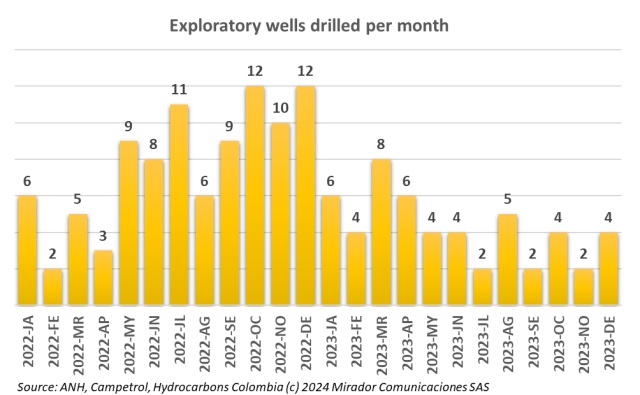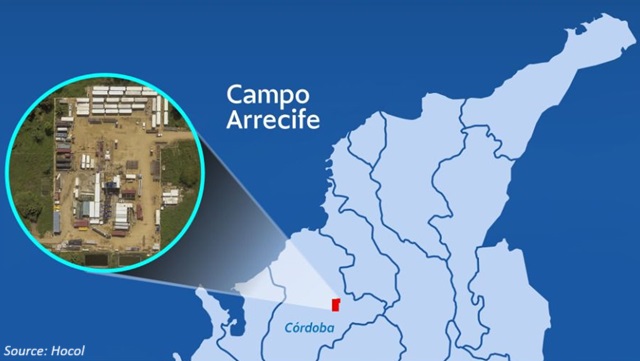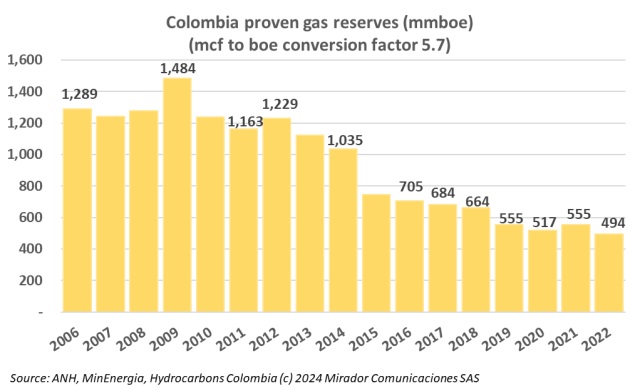Just under two weeks ago on April 4th, 2024, we published the news that the Administrative Tribunal of Cundinamarca (TAC) had rejected Hupecol’s lawsuit over its environmental license for the Serrania block. In 2016, the license had been granted and then revoked days later after a public outcry, rendering the block useless. The TAC’s decision suggests that existing environmental licenses can be revoked at the whim of the National Environmental Licensing Agency (ANLA) at any time, significantly weakening investor confidence in Colombia’s legal stability. We asked Dentons Cardenas & Cardenas (Dentons) for its opinion and we provide some non-legal opinions of our own.

Orlando Velandia, the President of the National Hydrocarbons Agency (ANH), recently provided insights on Colombia’s exploration activities and the country’s energy landscape.
During the closing session of the Naturgas Congress in Cartagena, Colombian President Gustavo Petro sparked controversy by advocating, once again, for the importation of gas from Venezuela.
Natural gas emerged as a crucial fuel in addressing the challenges the electricity sector is facing due to the El Niño phenomenon.
Ecopetrol (NYSE: EC) completed the construction of a solar farm at the Cartagena Refinery, marking a significant milestone as Latin America’s first solar farm located within a refinery.

Hocol, a subsidiary of Ecopetrol Group, is set to commence the development of the Arrecife Gas Field located in the Córdoba department of Colombia.
At the Arpel-Naturgas 2024 conference in Cartagena, amidst discussions about Colombia’s gas production landscape and government policies limiting exploration, the emphasis was clear: prioritize domestic sources to meet energy demands.
The Colombian Chamber of Oil, Gas, and Energy Goods and Services (Campetrol revealed a significant drop in gasoline demand in Colombia in 2023.
Ecopetrol’s (NYSE: EC) Ricardo Roa unveiled further details about Colombia’s prospective gas import agreement with Venezuela through the Antonio Nariño gas pipeline.

Ecopetrol (NYSE: EC) could more than double the country’s natural gas reserves with a focus in the Llanos.